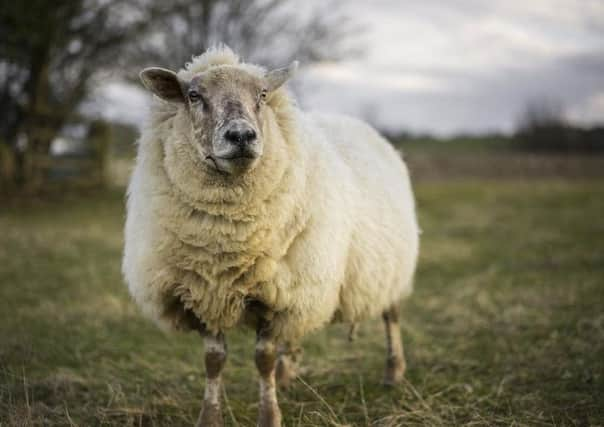Bluetongue advice issued to livestock importers


During 2015, Bluetongue (BTV-8) re-emerged in Central France, despite being undetected in mainland Europe for over five years.
However, as of 5th May 2017, over 2,300 cases have since been detected. Additionally, there continue to be a number of outbreaks of other Bluetongue serotypes in Spain, Italy, Austria and a number of the Balkan countries.
Advertisement
Advertisement
It has been previously estimated that a widespread outbreak of Bluetongue could cost over £25 million to the local agricultural sector in Northern Ireland. Further to this, it is important that farmers realise that imported animals subsequently found to be infected with Bluetongue will be slaughtered and no compensation will be paid for the animals.
Due to the geographical distance from the Continent, Northern Ireland is more at risk of Bluetongue via the importation of animals than from the windborne spread of infected vectors (midges) from mainland Europe. Indeed, it was the importation of pregnant cattle from the Netherlands in 2008 that resulted in NI’s only previous case of Bluetongue.
If you decide that you wish to import livestock, it is highly advised that you source animals from a country or region that is Bluetongue free. If the route travels through an infected zone (which is now highly likely given the outbreaks in northern France), then you must ensure you comply with all of the conditions on the export certificate. This should include the treatment of animals and vehicles with an approved insecticide.
Where possible, you should avoid importing animals from a Bluetongue infected area. In the unlikely event of this not being possible, all animals must have been vaccinated against Bluetongue prior to importation. If the animals are pregnant, then the vaccination must have been carried out before conception. Again, all other conditions of the export health certificate must also have been complied with.
Advertisement
Advertisement
The UFU strongly advices that farmers should not be complacent to the risks of Bluetongue and it is vitally important to the industry in Northern Ireland that all parties act responsibly to mitigate the potential consequences of importing an infected animal.